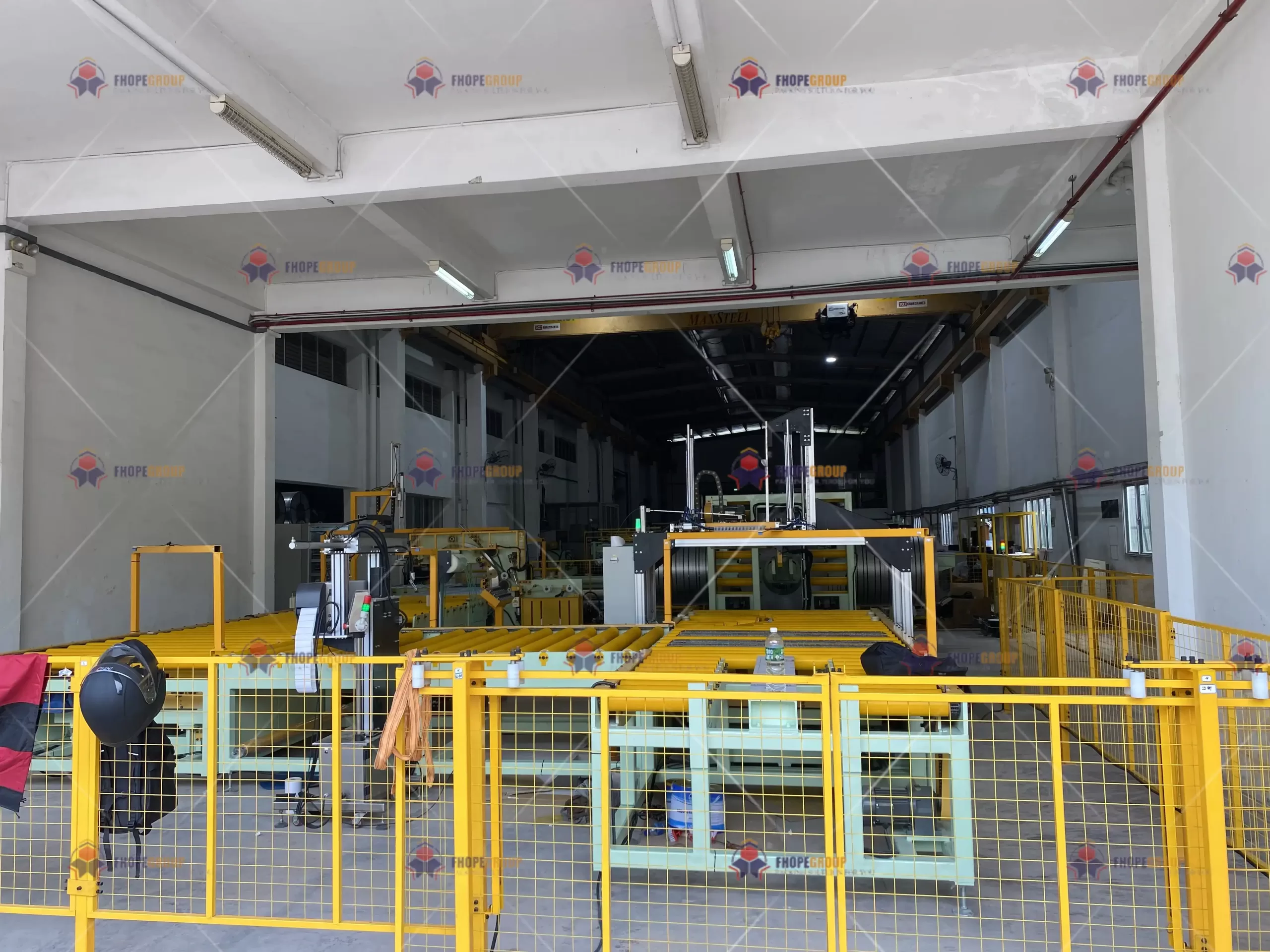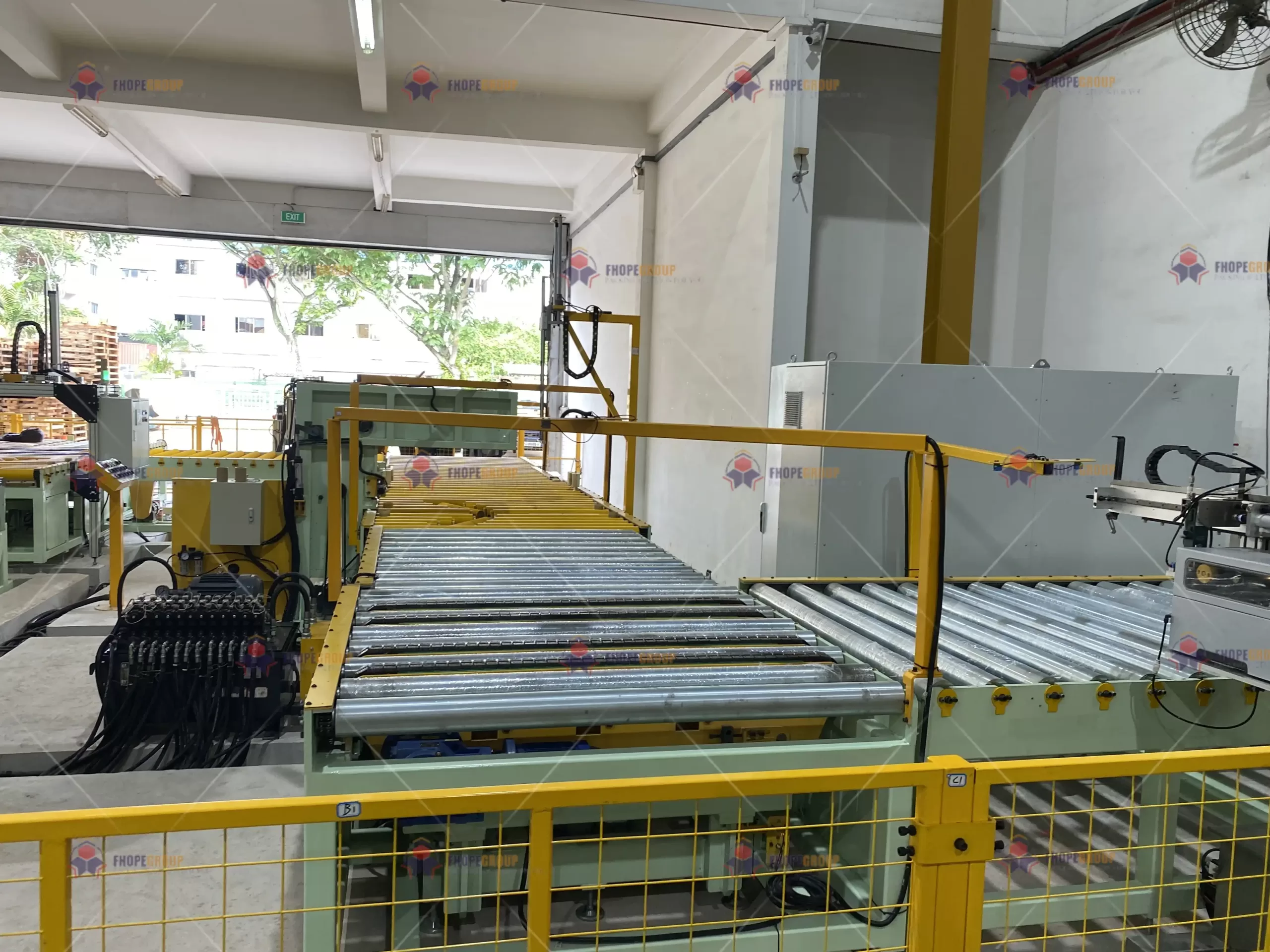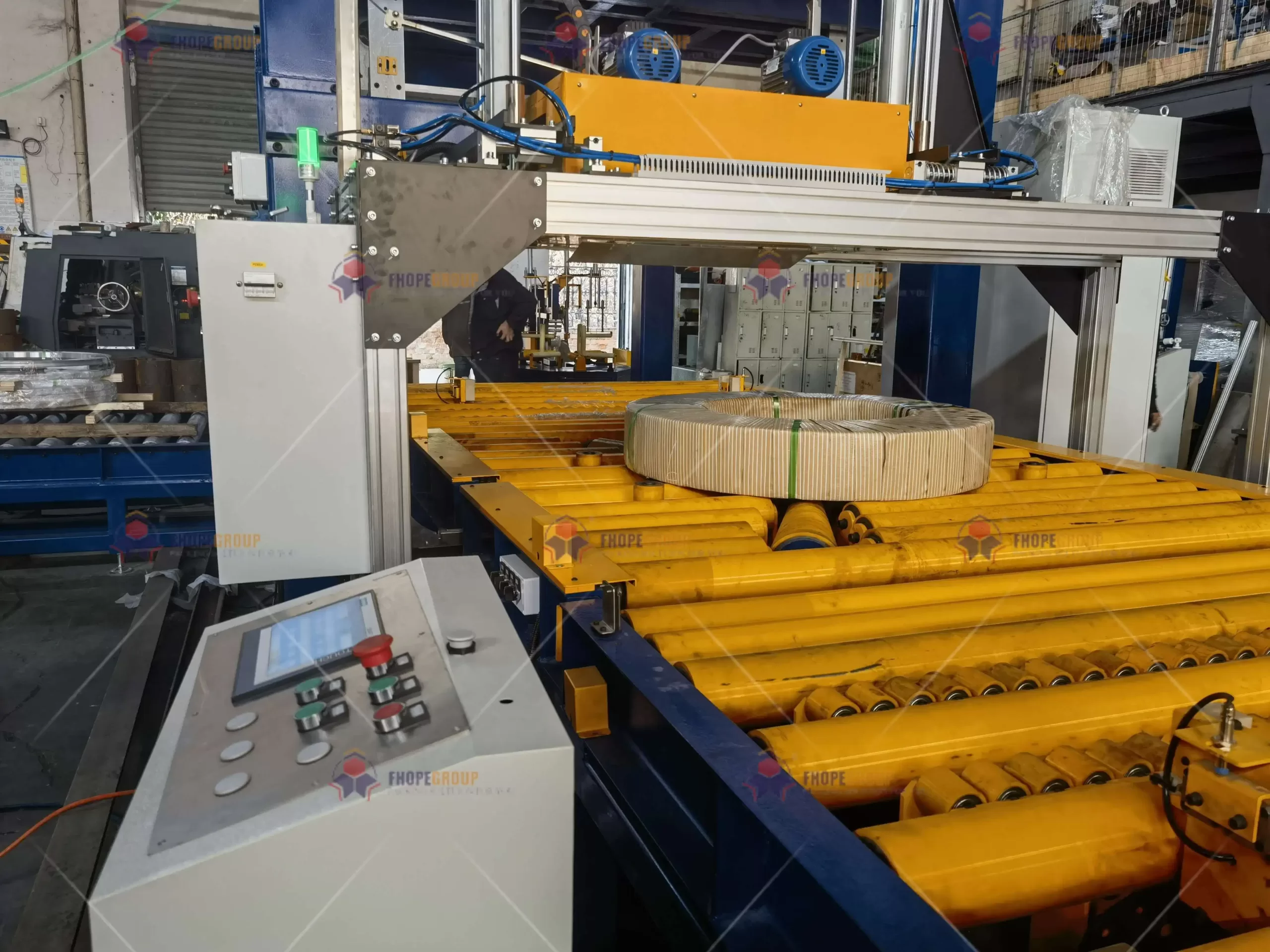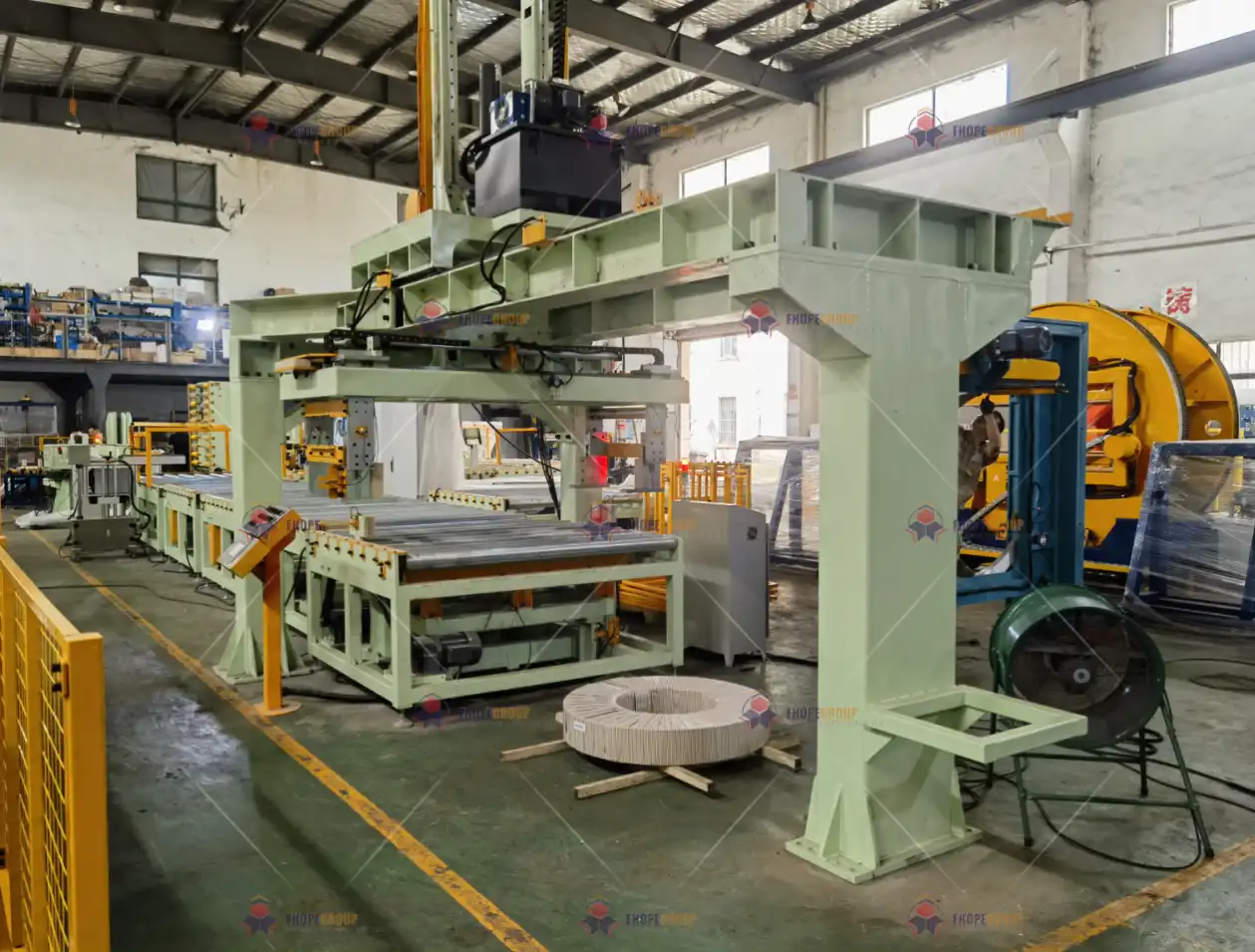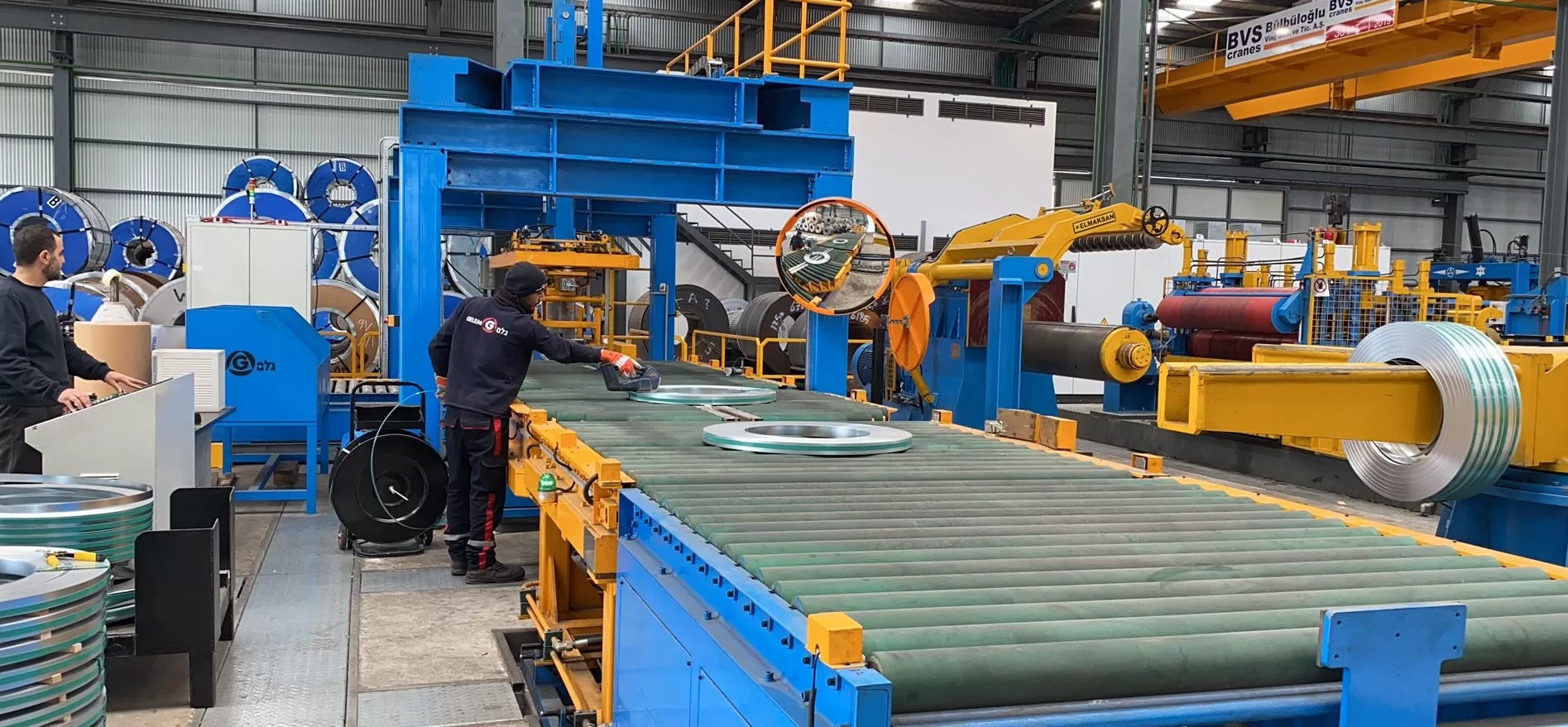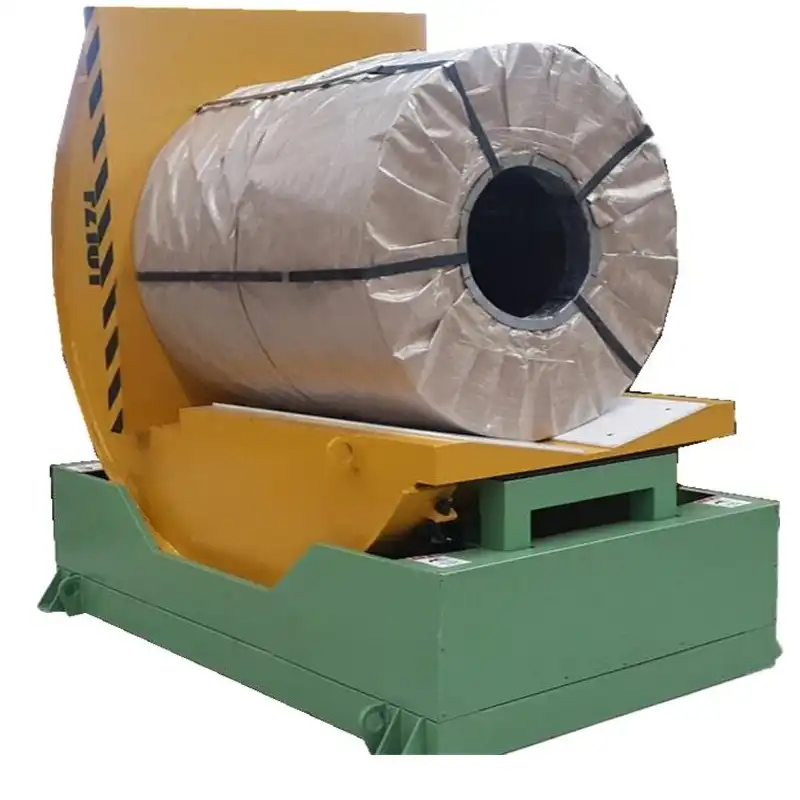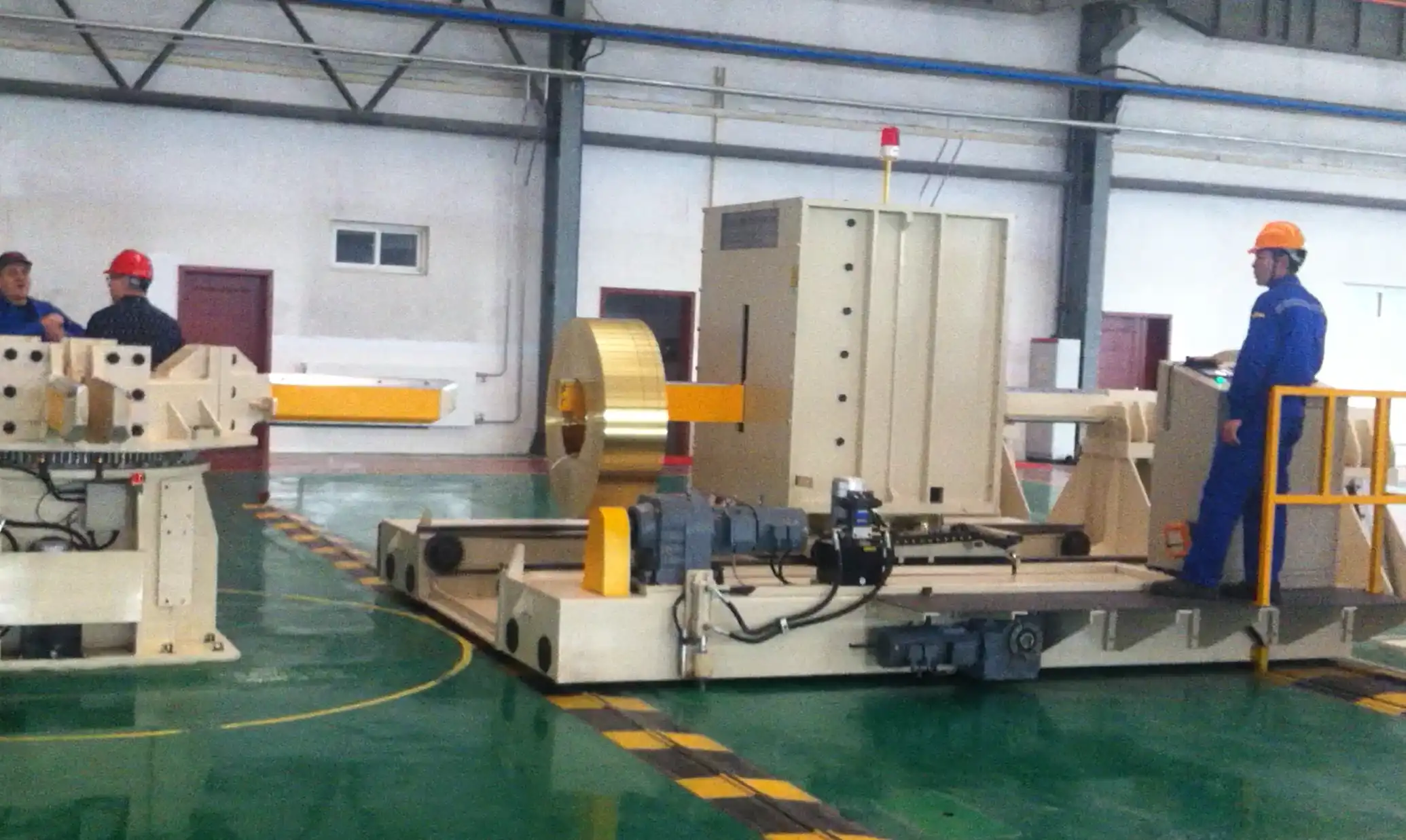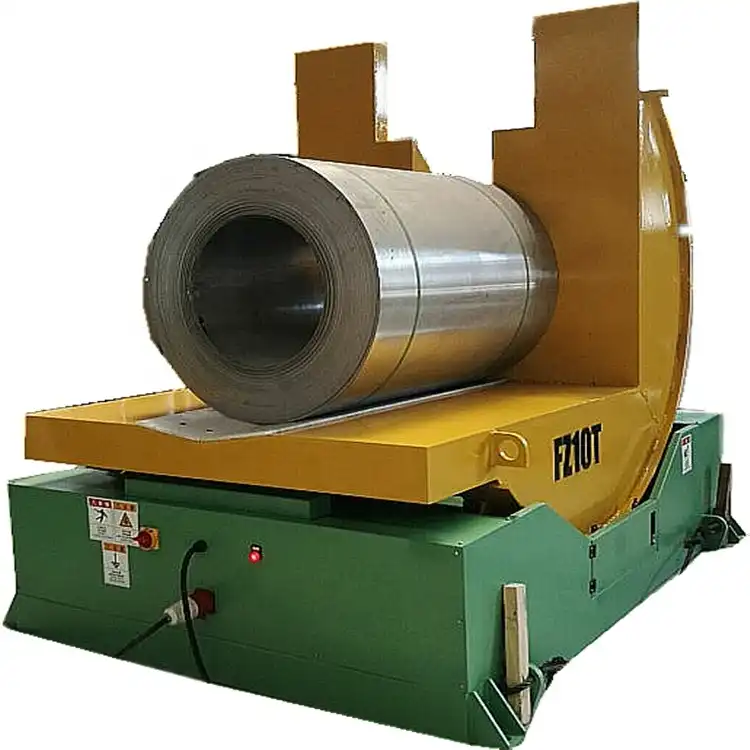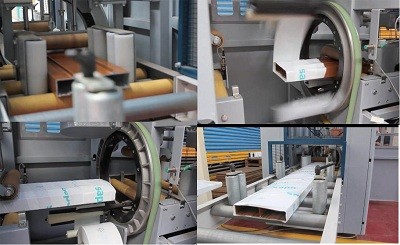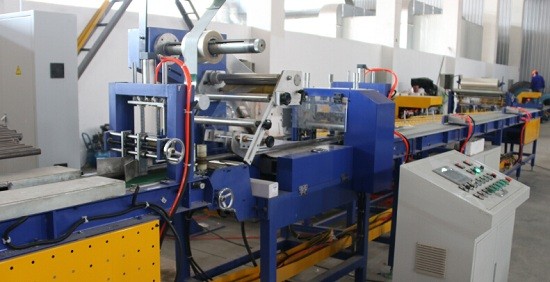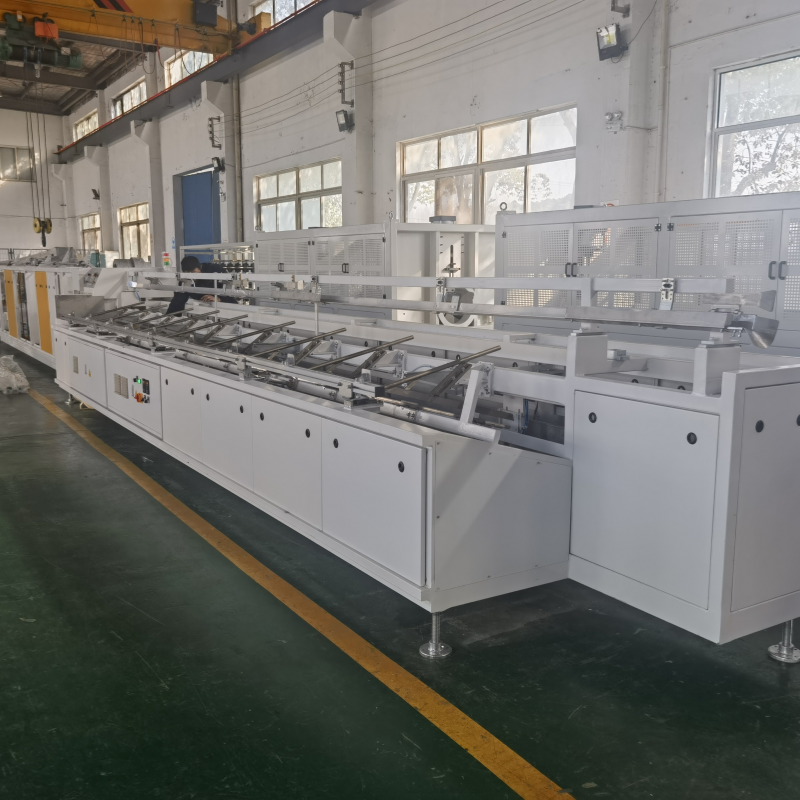The Importance of Equipment Testing and Commissioning for Steel Coil Packing Lines
The steel coil packing line is a critical component in the manufacturing process, responsible for ensuring that coils are packaged securely and efficiently. As with any complex system, proper testing and commissioning are crucial steps that should not be overlooked. These processes guarantee that the equipment is fully functional, operates within specified parameters, and is capable of meeting production requirements before it goes live.
In this article, we’ll explore the significance of equipment testing and commissioning for steel coil packing lines, highlighting how these stages impact operational efficiency, safety, and long-term performance.
1. What is Equipment Testing and Commissioning?
Before diving into the benefits, it’s essential to understand the distinct processes of testing and commissioning.
-
Testing involves running the equipment under various conditions to ensure it performs as expected. This stage checks for any operational issues, design flaws, or malfunctioning components.
-
Commissioning follows testing and includes a comprehensive verification process to ensure that all systems and components are installed correctly, functional, and ready for full-scale operation. It also involves training operators on how to use the equipment properly.
Both steps are critical for optimizing the steel coil packing line’s performance and minimizing the risk of costly breakdowns once the equipment is in use.
2. Ensuring Optimal Performance from Day One
Without adequate testing and commissioning, equipment can suffer from underperformance or even fail prematurely, causing disruptions to production. The importance of these steps becomes evident when considering the complexity of modern steel coil packing lines, which rely on advanced automation, mechanical precision, and coordination between different systems.
By thoroughly testing the machinery before it becomes operational, manufacturers can:
-
Identify and fix operational inefficiencies.
-
Ensure all mechanical and electrical components are functioning optimally.
-
Adjust any settings to meet specific production needs, such as packaging speed, tension, and coil size.
This ensures that when the equipment goes live, it will operate smoothly and efficiently from day one, reducing the risk of delays or problems that could arise during full-scale production.
3. Minimizing Downtime Through Thorough Testing
Downtime is one of the most significant factors that can impact productivity in any manufacturing operation. Improperly commissioned equipment often leads to frequent breakdowns, causing extended production halts. By investing in comprehensive testing and commissioning, you can reduce the risk of unplanned downtime, which is not only costly but can also result in missed delivery deadlines and strained customer relationships.
Thorough testing ensures that all components work in harmony, and any adjustments can be made in a controlled environment before the equipment enters full operation. This allows for:
-
Identification of weak points in the system that could cause future failures.
-
The correction of design flaws or mechanical issues before they escalate.
-
Ensuring that the system runs without glitches, minimizing downtime.
A well-commissioned steel coil packing line will save time and resources by preventing frequent stoppages and repair needs.
4. Enhancing Safety During Operations
Safety is a top priority in any industrial setting, and steel coil packing lines are no exception. Given the weight and size of steel coils, improper handling or malfunctioning equipment can lead to serious accidents or injuries. Commissioning plays a crucial role in ensuring that the equipment is safe for operation.
The safety benefits of proper testing and commissioning include:
-
Validating safety protocols: Testing verifies that all emergency stop systems, safety interlocks, and protective barriers are functioning correctly.
-
Operator training: Commissioning involves training operators on how to safely operate the machinery, ensuring they understand all safety features.
-
Preventing accidents: Proper testing reduces the likelihood of accidents caused by unexpected malfunctions or improper machine setup.
Ensuring that your packing line operates safely not only protects your employees but also minimizes the risk of expensive legal or regulatory consequences.
5. Achieving Consistent Packaging Quality
One of the most important outcomes of testing and commissioning is ensuring that your steel coil packing line consistently delivers high-quality packaging. Improperly tested equipment can lead to packaging defects, such as loose strapping, inadequate wrapping, or damaged coils.
Testing allows for:
-
Calibration of packaging parameters: Ensuring that tension, wrapping speed, and strapping strength are adjusted to meet required standards.
-
Uniformity in packaging: A properly commissioned machine produces consistent results, reducing variability in the packaging process.
-
Detecting potential issues: Catching problems early on prevents poor packaging quality from affecting your product shipments.
Consistent packaging quality is essential for protecting the integrity of your steel coils during transportation and storage, thereby maintaining customer satisfaction.
6. The Long-Term Benefits of Proper Commissioning
The benefits of proper equipment testing and commissioning go far beyond the initial setup. When done correctly, these processes contribute to the long-term success of your operations. A well-commissioned machine:
-
Requires less frequent maintenance because it operates efficiently from the start.
-
Has a longer lifespan, reducing the need for costly replacements.
-
Promotes energy efficiency, which can lead to lower operational costs over time.
These long-term benefits underscore why commissioning should be viewed as an investment, rather than an additional cost. By ensuring that your equipment is set up properly from the start, you save on maintenance, repairs, and replacement expenses down the road.
7. The Role of Manufacturers in Equipment Testing
The manufacturer’s role in equipment testing and commissioning cannot be overstated. Reputable manufacturers will not only provide high-quality machinery but will also assist in the setup, testing, and commissioning process. This includes:
-
On-site support: Manufacturers often send technicians to assist in installing and testing the equipment.
-
Training programs: Many manufacturers offer training programs for your staff, ensuring they know how to operate and maintain the equipment properly.
-
Post-commissioning support: After the initial setup, manufacturers may provide ongoing technical support to ensure that your machinery continues to run smoothly.
Choosing a manufacturer that offers comprehensive support throughout the commissioning process can make all the difference in the performance of your steel coil packing line.
8. Continuous Monitoring and Adjustments
Testing and commissioning shouldn’t be one-time processes. Regular monitoring and periodic adjustments are necessary to ensure that your steel coil packing line continues to perform at its best. Over time, equipment can experience wear and tear, which may affect its performance. By routinely testing the system and making necessary adjustments, you can:
-
Optimize performance as production needs evolve.
-
Prevent small issues from becoming major breakdowns.
-
Ensure that safety features remain effective.
A proactive approach to monitoring and maintenance will keep your system running efficiently and extend its operational life.
Conclusion
Proper equipment testing and commissioning are vital for the success of your steel coil packing line. These processes ensure that your machinery operates efficiently, safely, and consistently from day one, minimizing downtime, enhancing safety, and maintaining packaging quality.
Investing in thorough testing and commissioning is not just about avoiding initial issues—it's about setting your operation up for long-term success. By ensuring that your equipment is properly tested and commissioned, you protect your investment, safeguard your workers, and ensure a smooth, efficient operation that can meet production demands while maintaining high standards of quality.
Incorporating these practices into your operations guarantees that your steel coil packing line delivers the best possible performance, both now and in the future.
